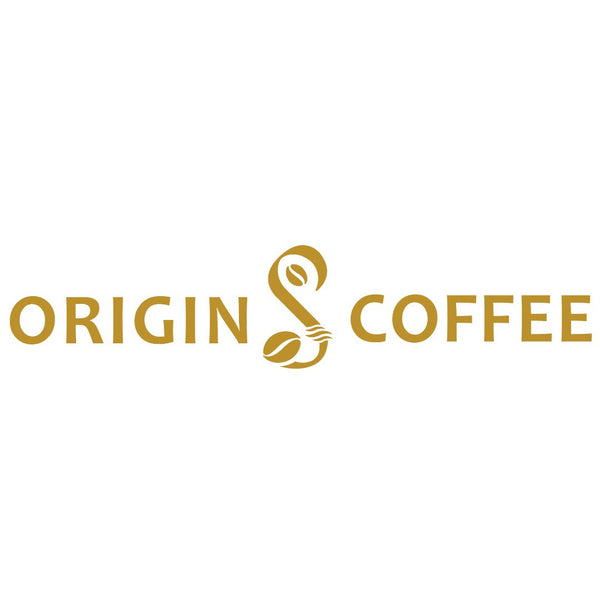SCA Brewing Skills
![]()
SCA BREWING SKILLS FONDATION
The Brewing Foundation course introduces the learner to the different methods of brewing coffee.
The learner will receive theoretical and practical hands-on instruction for a range of devices including automatic and manual gravity brewers, as well as other commonly used brewers within their local culture. Learners will also explore how to produce a tasty brew based on an understanding of the essential brewing elements and an analysis of their brew results.
SCA BREWING SKILLS INTERMEDIATE
The Brewing Intermediate course builds on the concepts and skills introduced in the Foundation course.
It is ideal for someone who has brewing experience and wants to explore how to improve coffee quality.
This course covers a wide range of topics, including an exploration of the brewing process in terms of device, extraction order and wetting; the essential elements of brewing and their individual influence on the final cup; the scientific method of measuring and charting coffee strength and extraction; the analysis of brewed coffee and adjustments to consider in order to deliver a delicious, well balanced cup; and the importance of cleaning and maintenance.
SCA BREWING SKILLS PROFESSIONAL
The Brewing Professional course builds upon the concepts and skills introduced in the Brewing Intermediate course.
Learners take a deeper and more scientific look at the Essential Elements of Good Brewing, what happens when brewing parameters are manipulated, and how to master navigation of the coffee brewing control chart. Learners will gain a deeper understanding of water and its impact on brewing, specifically utilizing the ideals of aim, measure, and treatment.
The most powerful tools that a professional brewer possesses is an analytical mind and the ability to process and manipulate a multitude of changing variables.
These variables help the brewer to understand how best to interpret the information and then offer a solution or opinion that will improve the coffee quality, service, and delivery for their clients.
A written exam tests professional course knowledge while a practical exam tests the skills described above based on different working activities carried out during the course.

